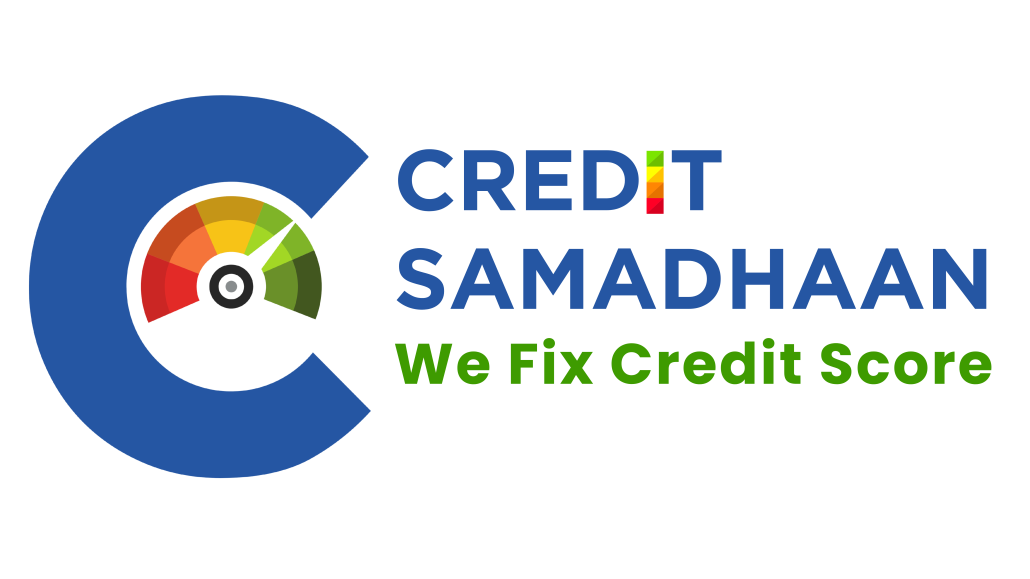What to Do If Your Credit Score Drops Suddenly
Maintaining a good credit score is crucial for your financial well-being. It plays a significant role in determining your ability to secure loans, mortgages, or credit cards with favorable terms. However, what if your credit score suddenly drops? This unforeseen event can be alarming and may leave you wondering what steps to take to rectify the situation. In this blog post, we will explore what you should do if your credit score experiences a sudden decline.
Introduction:
Your credit score is a numerical representation of your creditworthiness. It is calculated based on various factors such as your payment history, credit utilization, length of credit history, new credit accounts, and types of credit used. A high credit score indicates that you are a responsible borrower, while a low credit score may suggest that you are a higher risk for lenders.
Benefits of a Good Credit Score:
1. Access to Better Loan Rates: Lenders are more likely to offer you lower interest rates on loans and credit cards if you have a good credit score, saving you money in the long run.
2. Approval for Credit Applications: A high credit score increases your chances of being approved for credit applications, such as mortgages, car loans, or personal loans.
3. Negotiating Power: With a good credit score, you have more negotiating power when discussing terms and conditions with lenders or creditors.
4. Lower Insurance Premiums: Some insurance companies use credit scores to determine premiums, so a higher credit score can lead to lower insurance costs.
Why Your Credit Score Might Drop Suddenly:
There are several reasons why your credit score may experience a sudden decline. Common reasons include missed payments, high credit utilization, applying for multiple new credit accounts, closing old accounts, or errors on your credit report.
What to Do If Your Credit Score Drops Suddenly:
1. Check Your Credit Report: Start by requesting a free copy of your credit report from each of the three major credit bureaus – Equifax, Experian, and TransUnion. Review the report for any inaccuracies or fraudulent activity that could be affecting your score.
2. Address the Issue Promptly: If you identify any errors on your credit report, dispute them with the credit bureau reporting the information. It is essential to rectify any inaccuracies to prevent further damage to your credit score.
3. Pay Your Bills on Time: Missing payments can have a significant negative impact on your credit score. Make sure to pay all your bills on time to avoid a further decline in your credit score.
4. Manage Your Credit Utilization: Aim to keep your credit utilization below 30% to maintain a healthy credit score. High credit card balances relative to your credit limit can signal risk to lenders.
5. Avoid Opening New Credit Accounts: Resist the temptation to open multiple new credit accounts within a short period as this can indicate financial distress and lower your credit score.
6. Consider Credit Counseling: If you are struggling to manage your debts and maintain a good credit score, seeking assistance from a non-profit credit counseling agency can provide you with guidance on improving your financial situation.
Frequently Asked Questions:
Q: How long does it take to improve a credit score after a sudden drop?
A: The time it takes to improve your credit score can vary depending on the reason for the decline. Making timely payments, reducing credit utilization, and addressing errors on your credit report can help improve your score over time.
Q: Will disputing errors on my credit report affect my credit score?
A: No, disputing errors on your credit report will not negatively impact your credit score. In fact, correcting inaccuracies can help improve your credit score by ensuring that the information reported is accurate.
Q: Can I request a credit limit increase to improve my credit score?
A: Increasing your credit limit can potentially lower your credit utilization ratio, which may have a positive impact on your credit score. However, it is essential to use the increased limit responsibly and avoid accumulating more debt.
In conclusion, if your credit score drops suddenly, it is essential to take proactive steps to address the issue promptly. By checking your credit report, paying your bills on time, managing your credit utilization, and avoiding common pitfalls, you can work towards improving your credit score and securing your financial future. Remember that maintaining a good credit score is a valuable asset that can open doors to various financial opportunities.


